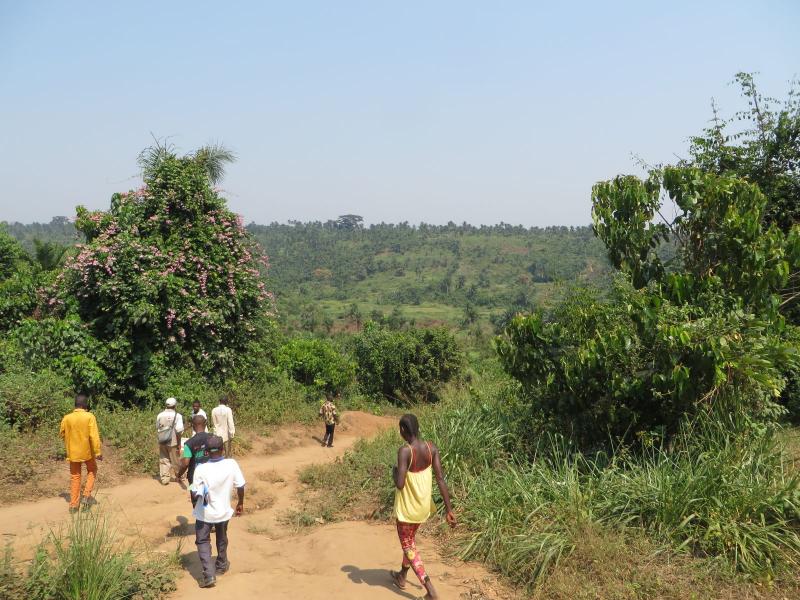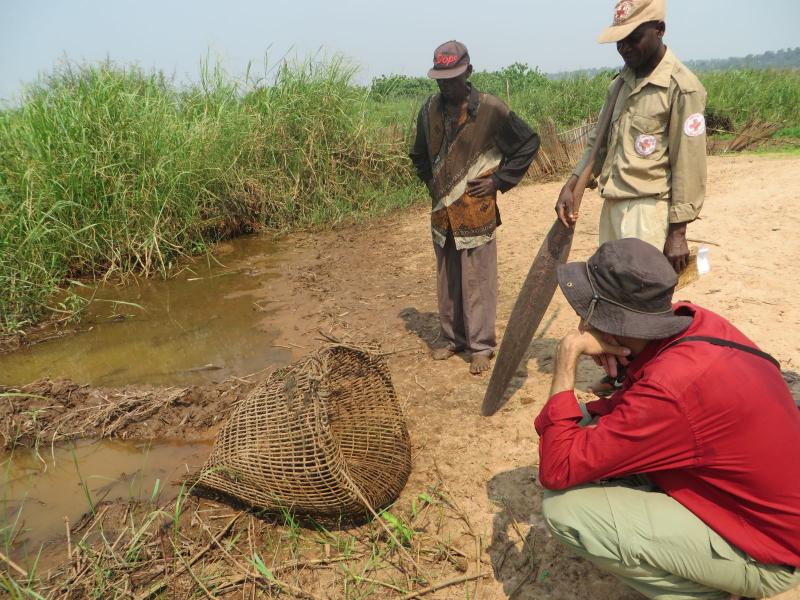Javier Gonzalez
Social science research to determine the baseline conditions for a collaborative land-use decision making process in the Mangaï Reserve
Fellowship Year:
2018
Degree:
MEM
Research Country:
Democratic Republic of Congo
Research Continent:
Africa
Partner Organizations:
Union International de la Conservation de la Nature (UICN)
Organisation Congolaise Des Ecologistes Et Amis de la Nature (OCEAN)
(see full list below Abstract)
Abstract:
The Mangai hunting domain and hippo reserve is located inside the Kwilu province, West of Kinshasa, the capital of the Democratic Republic of Congo.
This natural protected area -VI according to the UICN category- is comprised of more than 1 million km2, and more than 2.5 million people live inside of it. It was created in 1944 with the specific goal of creating a stable environment for hippos to reproduce. However, with time and with little enforcement capabilities from the state, encroachment inside the reserve made the management of its natural resources a huge challenge to solve.
In order to counteract land degradation and effective collaboration between the state and many other institutions that work inside Mangai, the Congolese government convened TFD – and myself working as a researcher- to help them draw an initial map of all stakeholders needed to be involved in the management plan of the protected area, in particular local residents. The formation of co-management schemes inside protected areas is resonant with many landscape theories, seeking to include players that have direct and indirect environmental impacts on the usage of natural resources.
The overall research centered in interviewing people and members from local organizations and cooperatives to provide baseline information to all partner organizations for setting up the Governance Working Group.
In short, this research aimed to answer:
- How can current institutions support collaborative decision-making and long-term planning in the landscape?
- What are local stakeholder perspectives of scenarios for collaborative environmental management in the future?
- What are the perceived impacts on natural resources and livelihoods in this scenario?
List of Partner Organizations
Union International de la Conservation de la Nature (UICN)
Organisation Congolaise Des Ecologistes Et Amis de la Nature (OCEAN)
Institut Congolais pour la Conservation de la Nature (ICCN)
The Forest Dialogue (Yale University) (TFD)


